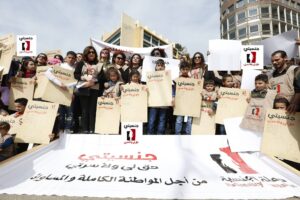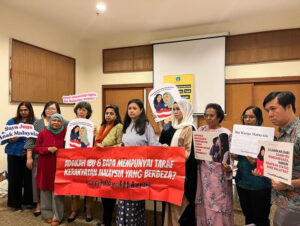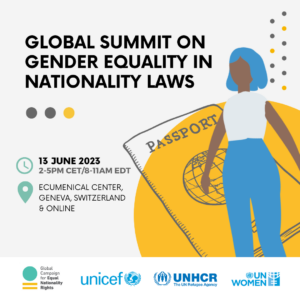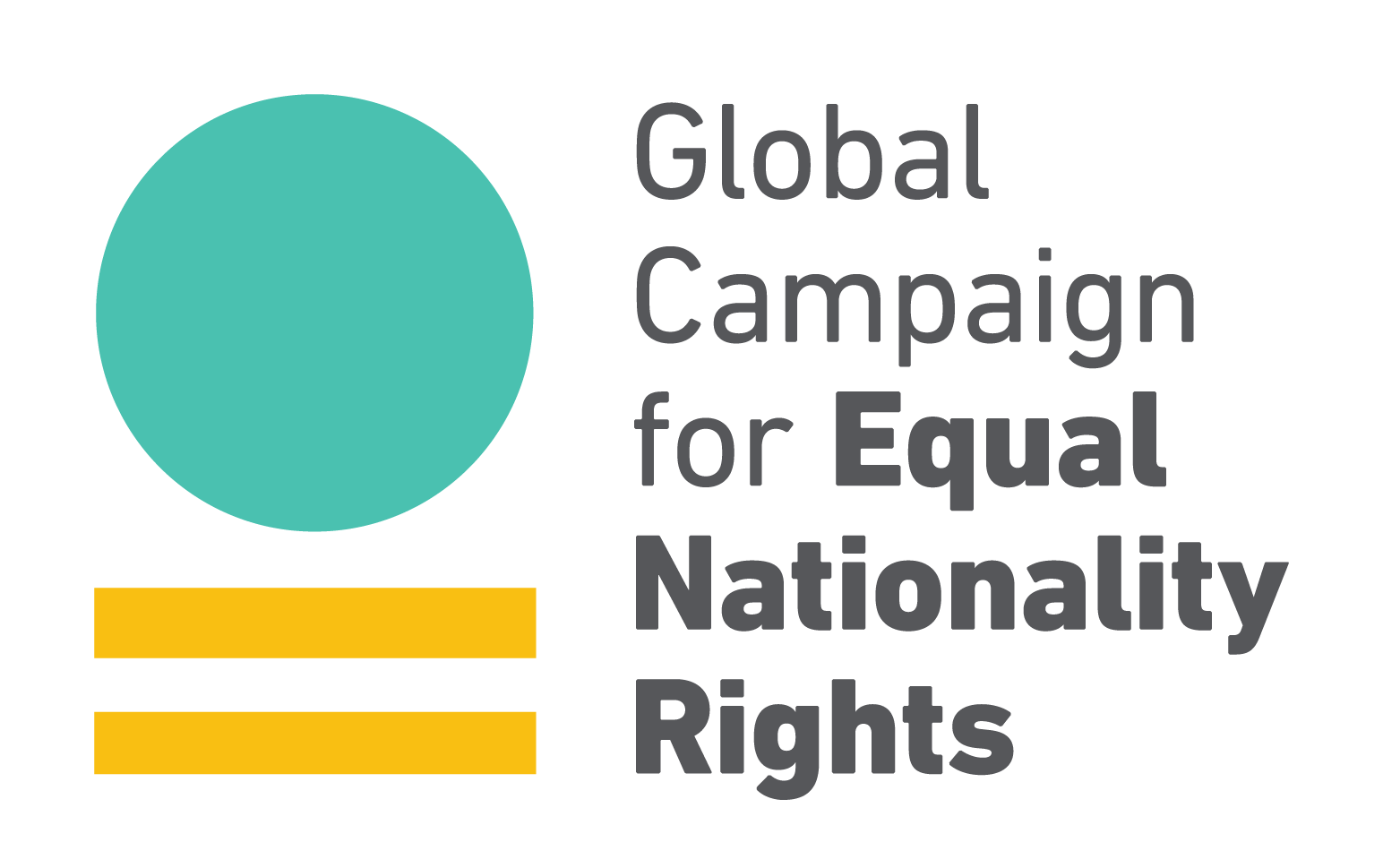Middle East & North Africa
Where we work
GLOBAL OVERVIEW
AMERICAS
ASIA PACIFIC
MIDDLE EAST
& NORTH AFRICA
SUB-SAHARAN
AFRICA
Middle East & North Africa
The Middle East-North Africa region is the region with the highest concentration of gender discriminatory nationality laws. Roughly half of the 25 countries that deny women equal rights to pass nationality to their own children are in the MENA region.
Read More
Algeria is the only country in the region with nationality laws that uphold conprehensive gender equality, including women’s right to confer nationality on their children and noncitizen spouse on an equal basis with men.* While upholding women’s equal right to confer nationality on children, Tunisia also permits women to confer nationality on spouses, though the requirements slightly differ for female and male citizens to confer nationality on a noncitizen spouse. Since 2000, there has been a number of significant reforms in several MENA countries, including Egypt, Iraq, Mauritania, Morocco, and Yemen. Nationality laws in these countries, with the exception of Iraq, grant women the equal rights to confer nationality to children, though continue to deny women equal rights with men to confer nationality to foreign spouses. Iraqi women may confer natioanlity to children born in the territory though are limited in their ability to confer nationality to children born outside Iraq and are also prevented from confering nationality on a noncitizen spouse.
Gender discrimination in nationality laws is one of the primary causes of statelessness in the region, in addition to causing a number of other human rights violations.
Lebanon, Kuwait, and Qatar deny women the right to confer nationality to their children and spouses in all circumstances. Other States, including Bahrain, Jordan, Libya, Oman, Saudi Arabia, Syria and the United Arab Emirates deny women the right to confer their nationality to children in most circumstances, but maintain some exceptions, such as when the father is stateless or unknown. Nationality may be granted to the children of female citizens of these countries in some circumstances by application, however, nationality is granted by the state on a case by case basis and women’s ability to confer nationality on their children is not considered a right.
Syrian women’s inabilty to confer nationality on their children combined with the massive displacement resulting from the conflict, has increased the risk that children born to displaced Syrian women may be rendered stateless — a risk compounded by lost civil documents and family separation which is common in displacement contexts.
Women’s rights organizations across the region have been campaigning for equal citizenship rights for decades and have advocated for this right as part of broader efforts to achieve gender equality and equal citizenship.
* Algerian Muslim women are banned from marrying and therefore confering nationality to men of other religions, a restriction not imposed on Algerian Muslim men.





